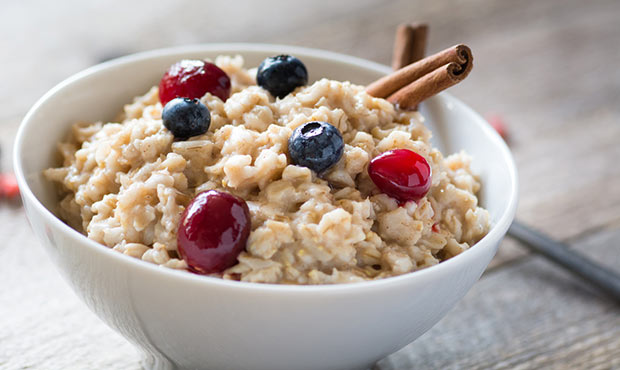
Every meal is important, but no meal is more important than the one before a race. Choosing the wrong foods, eating too much or too little, or eating at the wrong time can affect your performance and possibly ruin your race. Eating the right pre-race meal at the right time ensures that all your hard training doesn't go to waste.
The main purpose of the pre-race meal is to fill your liver with glycogen, especially if it precedes a morning race. Liver glycogen fuels your nervous system while you sleep, and as a result, your liver is roughly 50 percent glycogen-depleted when you wake up in the morning. Your muscles, inactive during the night, remain fully glycogen loaded from the previous day.
Timing
Timing is perhaps the most important consideration. The ideal time for a pre-race meal is about four hours before the race, because it's early enough to digest and store a large amount of energy (i.e. a large number of calories), yet late enough that this energy won't be used up by race time.
Most running races start early in the morning, and since sleep is also important, it's often impossible to eat a full breakfast four hours before the horn sounds. That's okay. It's usually possible to eat at least two hours out. While you won't safely be able to eat as much this close to race time, you can still eat enough.
The appropriate size of your pre-race meal depends on three factors: the duration of your race, your size and the timing of the meal. The longer the race you're competing in and the heavier you are, the larger your pre-race meal should be. The closer your pre-race meal falls to the race start, the smaller it must be.
If you're able to eat four hours out, you can safely consume up to 1,000 calories. If you eat just two hours before the start, eat a smaller meal of 300 to 400 calories.
What to Eat
At least 80 percent of the calories you consume in your pre-race meal should come from carbohydrates. Keep your protein and especially your fat and fiber consumption low. These nutrients take up space that is better utilized by carbohydrates. Also, avoid gas-producing foods such as onions.
The types of carbohydrate are not important. While some studies have shown a performance benefit associated with eating a low-glycemic index (GI) meal rather than a high-GI meal before exercise, these meals were eaten just 30 minutes before exercise—the worst possible time for a high-GI meal, because blood glucose levels tend to decrease about 30 minutes after a high-GI meal.
- 1
- of
- 3







Discuss This Article